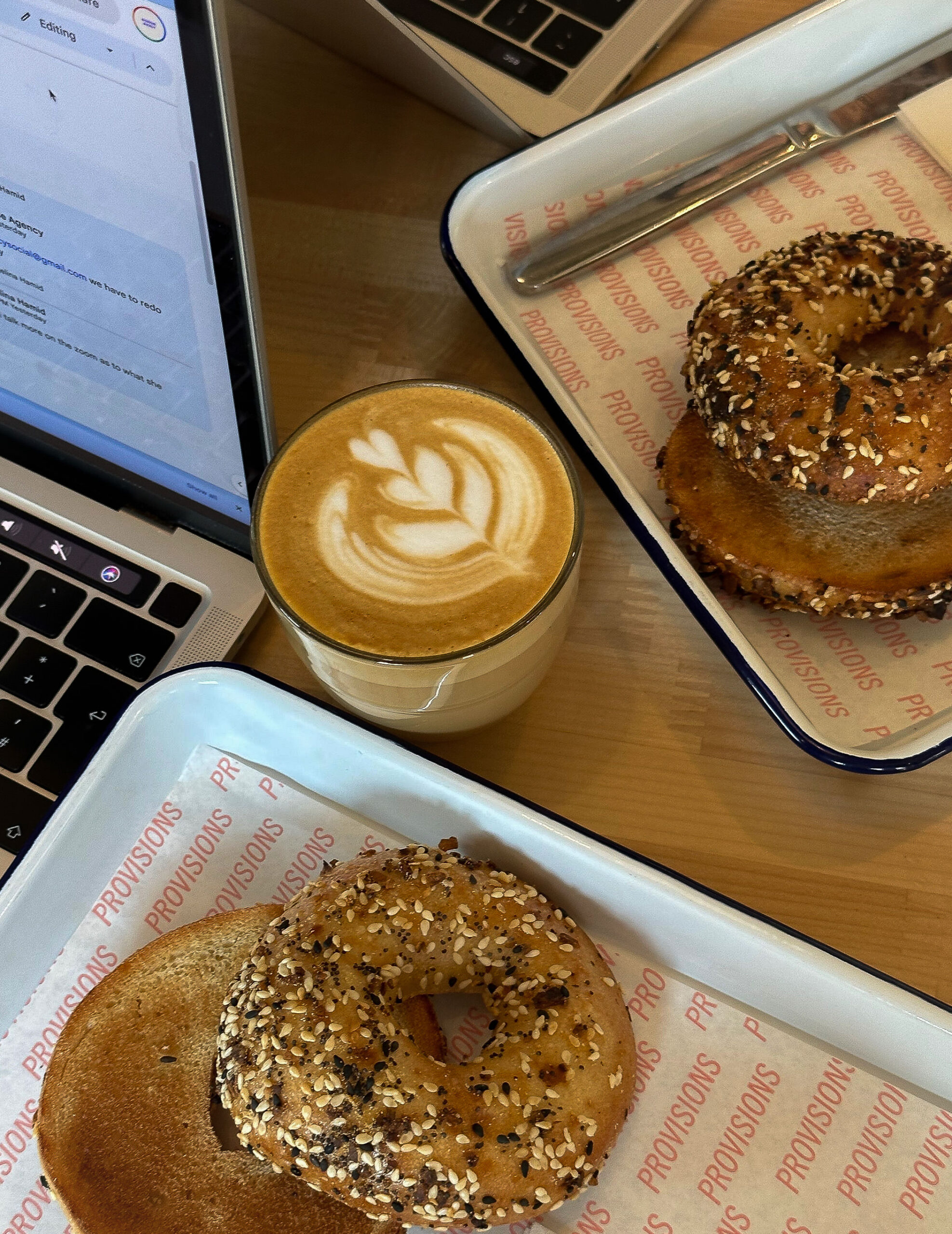Worrying about not counting calories and fearing loss of control is understandable. However, it’s crucial to question whether the current approach of regular binge eating, overeating, or emotional eating truly reflects being in control. The idea of counting calories often gives a sense of power over food, making it seem like a solution.
In reality, though, this method tends to intensify our preoccupation with food and make binge-eating episodes worse. It’s like thinking we’re steering the ship, but in reality, it might be pushing us further into turbulent waters. The goal is to find a healthier relationship with food, one where we don’t feel the need to micromanage every calorie but rather listen to our bodies and make choices that truly nourish us.
Why Calorie Counting Isn’t Serving You
01) Fuels Obsessive Thoughts
Calorie counting tends to shift the focus away from nourishing the body to an obsessive preoccupation with numbers. Constantly tallying calories can consume your thoughts, leaving little room for mindful and intuitive eating. This preoccupation can contribute to heightened anxiety and stress, both of which are counterproductive in the journey to overcome binge eating.
What To Do Instead: Embrace a more intuitive approach to eating, focusing on the nutritional value of food rather than fixating on calorie counts. Allow yourself to enjoy a variety of foods without constant mental calculations.
02) Reinforces the Diet Mentality
Calorie counting often goes hand in hand with the diet mentality, perpetuating the idea that certain foods are “good” while others are “bad.” This binary thinking can trigger guilt and shame around food choices, feelings that are particularly unhelpful during the sensitive period of binge eating recovery.
What To Do Instead: Challenge the diet mentality by adopting a more holistic view of nutrition. Understand that all foods can be part of a balanced and healthy diet. Focus on nourishing your body rather than labeling foods as off-limits.
03) Overcomplicates Eating
Calorie counting can make eating feel like a complex mathematical equation rather than a natural, instinctive act. This complexity can lead to stress and anxiety around meals, making it challenging to enjoy food without overthinking.
What To Do Instead: Simplify your approach to eating. Listen to your body’s hunger and fullness cues, and savor the sensory experience of eating. Allow yourself the freedom to enjoy meals without the burden of meticulous calculations.
04) Ignores Emotional and Mental Aspects
Binge eating often has emotional and psychological roots. Calorie counting, with its focus solely on the physical aspect of food, neglects the emotional and mental components of eating disorders. True recovery requires addressing and understanding the underlying factors that contribute to binge eating.
What To Do Instead: Incorporate mindfulness practices into your daily routine. Whether through meditation, journaling, or therapy, exploring the emotional aspects of your relationship with food is crucial for long-term recovery.
05) Sets Unrealistic Expectations
Calorie counting can create unrealistic expectations about food intake and weight management. As recovery from binge eating involves learning to trust your body’s signals, adhering to strict calorie goals can undermine the intuitive eating process.
What To Do Instead: Shift your focus from external measurements, like calorie counts, to internal cues such as hunger, fullness, and satisfaction. Trust your body’s ability to regulate itself and guide you towards a balanced and nourishing diet.
In the journey to recover from binge eating, it’s essential to foster a positive and compassionate relationship with food. Calorie counting, with its potential to exacerbate anxiety, reinforce negative thought patterns, and hinder intuitive eating, may not be the ally it appears to be. Instead, embrace a holistic approach that prioritizes nourishment, mindfulness, and self-compassion. Remember, recovery is a unique and evolving process, and seeking support from healthcare professionals or support groups can provide valuable guidance on your path to healing.
Keep Reading
Understanding Why Intuitive Eating Might Not Work for Everyone (Because It Doesn’t!)
Your Guide To Getting Started With Intuitive Eating: What It Is And How To Do It
Unpacking the Paradox: Why a Calorie Deficit Can Increase Food Obsession
Ryann Nicole
Licensed Therapist, Certified Nutritionist, and Virtual Wellness Coach
Ryann is a licensed therapist and virtual wellness coach who has assisted individuals worldwide in establishing a healthier relationship with food and their bodies.
Are You Ready to Heal Your Relationship With Food?
I understand—it can be overwhelming to figure out where to begin. Let's simplify things and have you start right here:
Why Am I Overeating?
First Steps To Stop Binge Eating
The Food Freedom Lab Podcast
FREE QUIZ
FREE GUIDE
Podcast
the food freedom lab podcast




